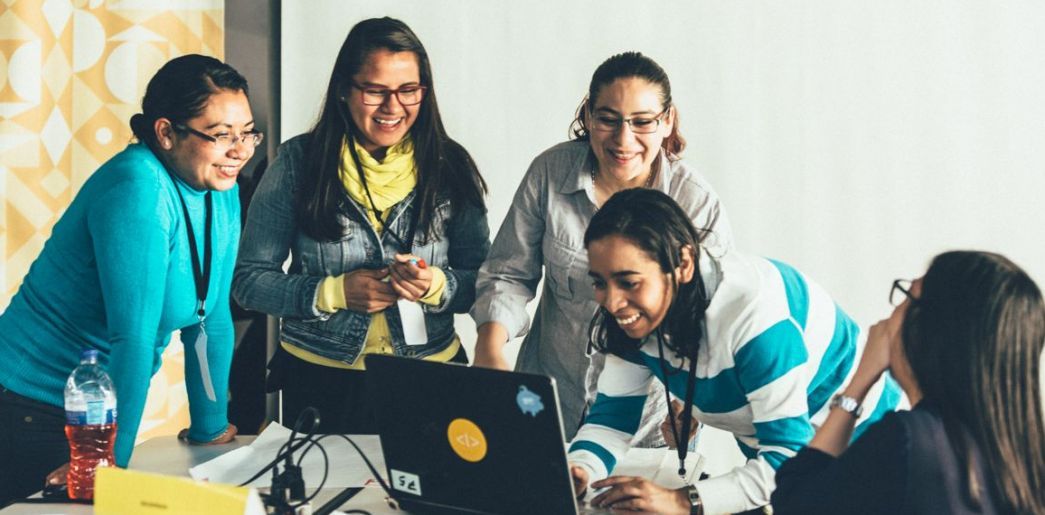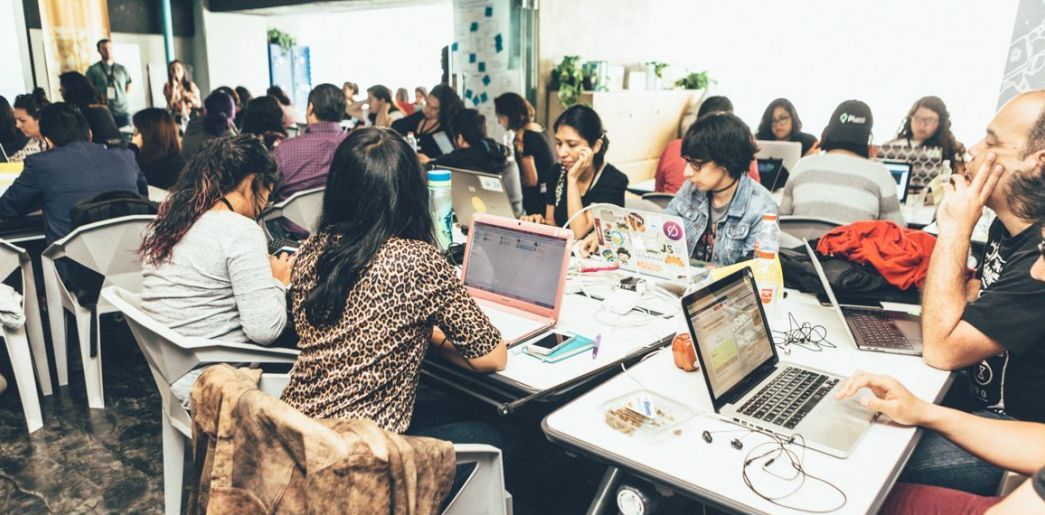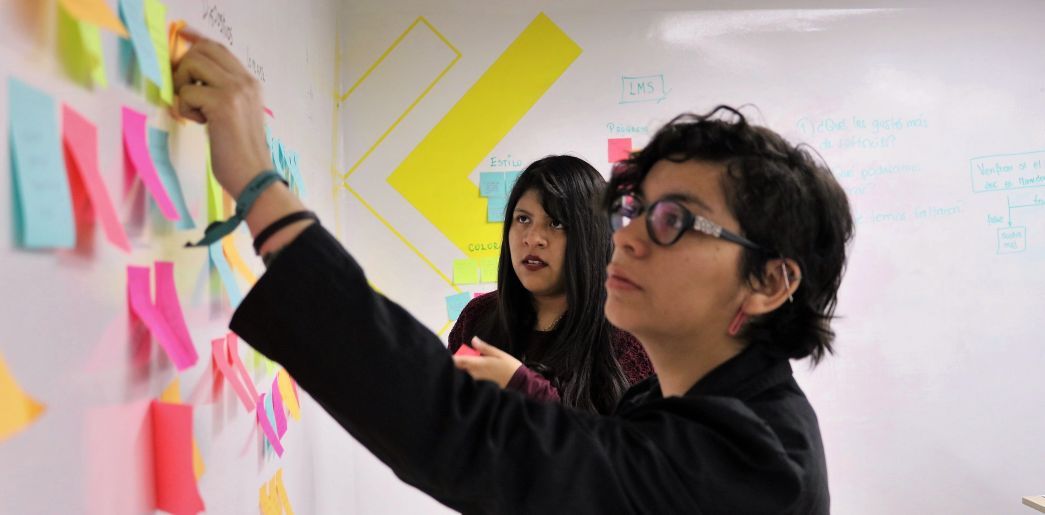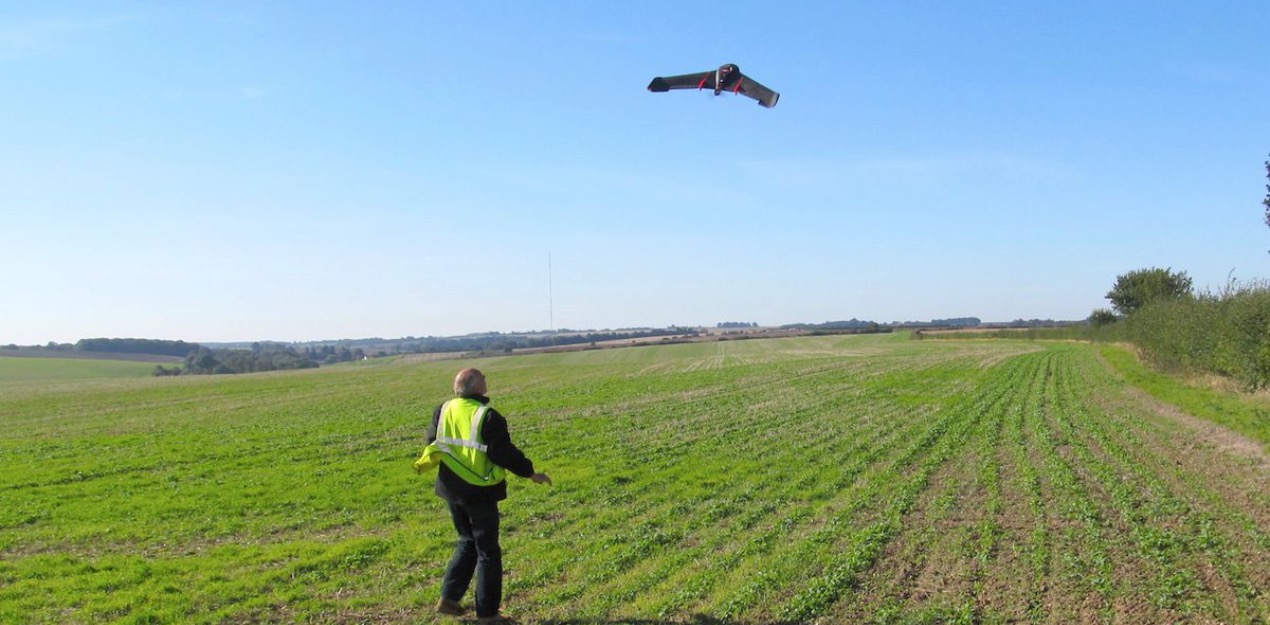AÑO
2019
CATEGORÍA
Trabajo
OBJETIVOS
Trabajo decente y crecimiento económico
PAL. CLAVE
women, work, technology
PAÍS
Perú
CRÉDITOS
Mariana is the co-founder and CEO at Laboratoria, a social enterprise transforming Latin America’s tech sector, giving thousands of women the tools they need to launch a career in the sector. With training centers in Peru, Chile, Mexico and Brazil, Laboratoria is redefining how to prepare underserved youth for the jobs of the future. Mariana has received multiple recognitions for her work as a social entrepreneur, including being named one of Peru’s leading innovators under 35 by the MIT, one of the world’s most influential women by the BBC, and sharing a panel with President Obama and Mark Zuckerberg at the 2016 Global Entrepreneurship Summit. Before becoming a social entrepreneur, Mariana worked at the Organization of American States in international development programs throughout Latin America, helping expand access to civil registration services in underserved communities. She holds a BSc in International Relations from the London School of Economics and a Masters Degree in Public Administration from Columbia University in New York. She is originally from Lima, Peru, and is married to Herman, who is also one of her co-founders at Laboratoria.
LINK
https://www.laboratoria.la/en
Laboratoria, a movement of women empowerment through technology
Our mission is to give Latin American women from unprivileged backgrounds a career in technology.
Laboratoria’s mission is to give Latin American women from unprivileged backgrounds a career in technology, transforming their future and the industry that receives them. We prepare women from underserved contexts as software developers and user experience designers through an immersive 6-month coding bootcamp and we then place them in jobs in tech. Our graduates go on to build transformational careers for themselves while filling in the enormous talent and gender gap in tech. In less than 4 years we have trained more than 1,000 women in Peru, Mexico, Chile and Brazil, placing 75% of them in tech jobs.
We are aiming to train 2,000 more women during the next three years in our current centers and one additional more in Colombia.







